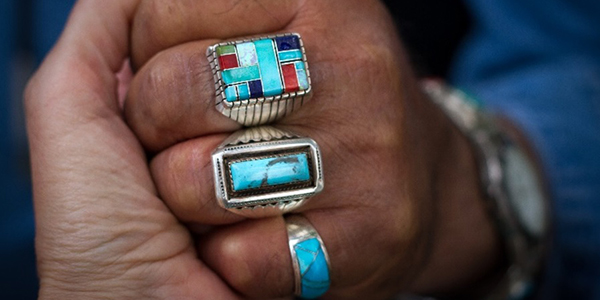
- Details
- By Native News Online Staff
The U.S. Department of Health and Human Services (HHS), through the Substance Abuse and Mental Health Services Administration (SAMHSA), on Wednesday announced it has awarded $232.2 million in grants for suicide prevention and behavioral health care for at-risk communities, including more than $200 million in new funding for states, territories, and tribal nations and organizations to build local capacity for the 988 Suicide & Crisis Lifeline and related crisis services.
Of the new funding, almost $35 million has been awarded to reduce the high rates of suicide among American Indians and Alaska Natives.
According to a report released report released in February by the Centers for Disease Control and Prevention (CDC), after a two-year decline, suicide deaths in the United States increased overall by 4.79% between 2020-2021. Between 2018 and 2021, increases in age-adjusted suicide rates were highest among Native Americans at 26 percent, followed Black Americans (19.2%) and Hispanics (6.8%). The report considered age, race and ethnicity-related trends between 2018 and 2021.
Here is a breakdown on how the funds awarded to reduce suicide in Indian Country:
$18.3 million for 988 Lifeline Tribal Response Cooperative Agreements to improve response to 988 contacts made by American Indians/Alaska Natives, ensure access to culturally competent 988 crisis center support and to improve integration and support of 988 crisis centers, Tribal nations, and Tribal organizations. The cooperative agreements are also to ensure follow-up care, and facilitate collaboration with Tribal, state and territory health providers, Urban Indian Organizations, law enforcement, and other first responders in a manner that respects Tribal sovereignty;
$15 million for Tribal Behavioral Health grants to prevent and reduce suicidal behavior and substance misuse, reduce the impact of trauma, and promote mental health among American Indian/Alaska Native youth, up to and including age 24, by building a healthy network of systems, services and partnerships that impact youth; and
In late August, HHS awarded $1.5 million to the University of Arizona to establish an American Indian and Alaska Native Behavioral Health Center of Excellence to advance the behavioral health equity of American Indians and Alaska Natives. The Center of Excellence is expected to develop and disseminate culturally-informed, evidence-based behavioral health information. It also will provide technical assistance and training on issues related to addressing behavioral health disparities in these communities, which have consistently experienced disparities in access to health care services, funding, and resources; quality and quantity of services; treatment outcomes; and health education and prevention services.
More Stories Like This
New Mexico Will Investigate Forced Sterilization of Native American WomenUSDA Expands Aid for Lost Farming Revenue Due to 2025 Policies
Two Feathers Native American Family Services Wins 2026 Irvine Leadership Award
Bill Would Give Federal Marshals Authority to Help Tribes Find Missing Children
Indian Health Service to Phase Out Mercury-Containing Dental Amalgam by 2027

